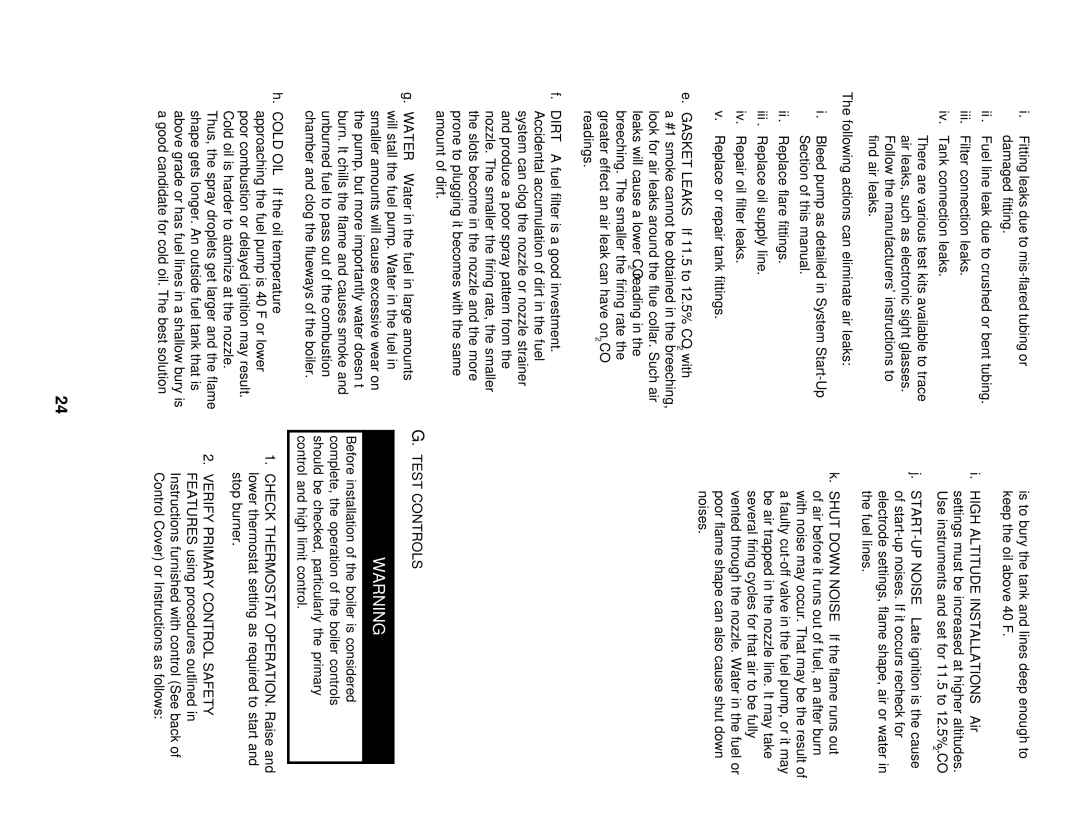LEDV SERIES specifications
The Burnham LEDV Series is a cutting-edge range of LED lighting solutions designed to meet the diverse needs of commercial and industrial applications. This series stands out for its exceptional energy efficiency, robust build quality, and innovative technology. With a focus on reducing carbon footprints and energy costs, the LEDV Series is a practical choice for forward-thinking businesses and organizations.One of the main features of the Burnham LEDV Series is its impressive energy efficiency. Utilizing advanced LED technology, these fixtures consume significantly less power than traditional lighting systems, leading to substantial savings on electricity bills. Coupled with a long operational lifespan, often exceeding 50,000 hours, the LEDV Series reduces the frequency and costs associated with replacements and maintenance.
The design of the LEDV fixtures emphasizes versatility, making them suitable for a variety of settings. From warehouses to office buildings, retail spaces, and outdoor environments, these lights provide exceptional illumination tailored to specific application requirements. The series includes options for various mounting configurations, allowing for easy installation and customization based on the unique layout of a space.
One of the standout technologies integrated into the LEDV Series is the intelligent dimming capability. This feature allows users to adjust the brightness of the lighting based on occupancy or ambient light levels, further enhancing energy savings. In addition, some models are compatible with smart building systems, enabling centralized control and monitoring through mobile applications or integrated building management systems.
Moreover, the Burnham LEDV Series is designed with durability in mind. With a robust housing constructed from high-quality materials, these lighting solutions are resistant to harsh environmental conditions. Many models feature impact-resistant designs and high ingress protection ratings, making them ideal for use in tough industrial settings or outdoor environments.
Another key characteristic of the LEDV Series is the emphasis on quality of light. The fixtures provide excellent color rendering, which is essential for ensuring that colors appear natural and true within any given space. This feature is particularly important in retail environments where product appearance can significantly influence purchasing decisions.
In summary, the Burnham LEDV Series combines energy efficiency, innovative technology, and superior durability to deliver a lighting solution that meets the demands of modern applications. With features like intelligent dimming, versatile design, and high-quality light output, these fixtures are an investment in sustainability and operational excellence.

